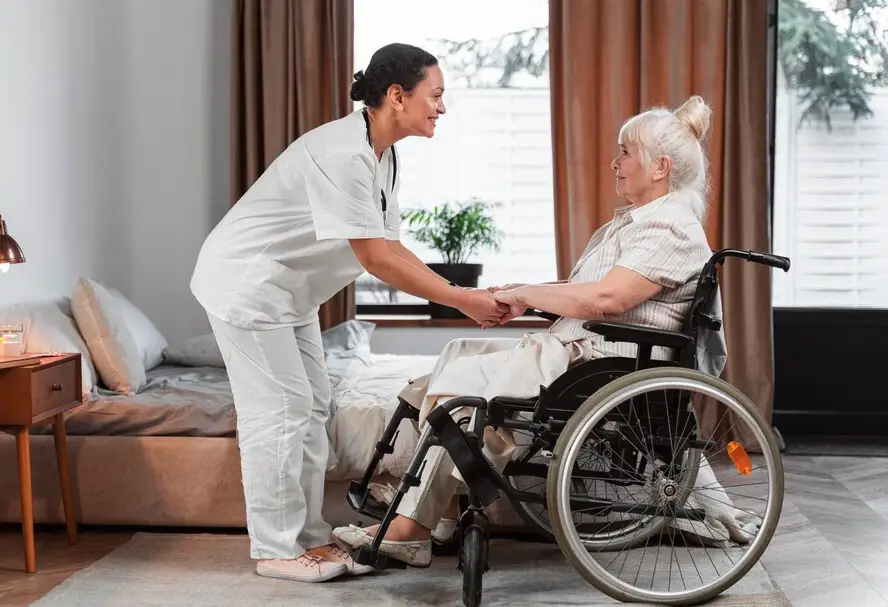Elder Care in the Modern Age: Shifting Perspectives and Practices

As the global population ages, our approach to elder care is undergoing a significant transformation. The time when care for older adults was primarily clinical and limited to institutional settings is rapidly becoming outdated. Today, we are experiencing a shift toward personalized care that emphasizes dignity and respect. This new approach adopts a holistic perspective on wellbeing, recognizing that true health includes not only physical vitality but also emotional, social, and psychological aspects. In this changing landscape, each individual is viewed as a unique tapestry of experiences and needs, inspiring innovative and compassionate solutions that honor their life stories and enhance their quality of life.
Changing Expectations Around Ageing
Thanks to advances in healthcare and a broader cultural shift, aging is increasingly seen as a stage of life that can be active, meaningful, and connected. Many older adults today are living longer and remaining more independent than previous generations, which naturally leads to different care needs.
Instead of focusing only on safety and basic support, modern elder care looks at emotional wellbeing, social engagement, mental stimulation, and personal choice. These factors are just as important as managing health conditions or mobility.
The Role of Technology in Elder Care
Technology is one of the driving forces behind this transformation. From wearable health trackers to smart home devices and user-friendly communication platforms, older adults can now stay connected and safe with minimal intrusion on their daily lives.
Even simple innovations like medication reminders or video calls with family members can make a huge difference in mental health and independence. For caregivers, digital tools also allow for better monitoring and coordination of care.
A Shift Toward Person-Centered Care
Perhaps the most significant change in elder care is the shift from one-size-fits-all models to more person-centered approaches. This means understanding each individual’s unique needs, preferences, and lifestyle—and then designing care that supports those elements.
Many care providers are leading the way with this philosophy. For example, comprehensive elderly care services in Exeter in the UK offer a blend of professional care and personalized attention. These services are tailored to promote dignity, connection, and a higher quality of life, whether through residential support, dementia care, or day programs.
Families as Active Participants
Today, families are more involved in care planning than ever before. With more resources and choices available, relatives can work closely with providers to ensure care aligns with their loved one’s values and goals. This collaborative approach helps reduce stress and increases satisfaction for both families and the individuals receiving care.
It also supports a smoother transition as needs change, whether that’s moving from independent living to assisted care or adjusting daily routines to accommodate new health challenges.
Looking Ahead
As the landscape of elder care evolves, the guiding principles of compassion, flexibility, and respect remain unchanged. The future is filled with innovative possibilities aimed at improving the aging experience, allowing older adults to embrace their later years with a sense of purpose and cherished independence.
In essence, modern elder care goes beyond merely providing basic needs. It’s a deep commitment to honoring the whole individual—body, mind, and spirit. The goal is to create a nurturing environment where seniors can thrive, surrounded by warmth, understanding, and opportunities for meaningful engagement.
